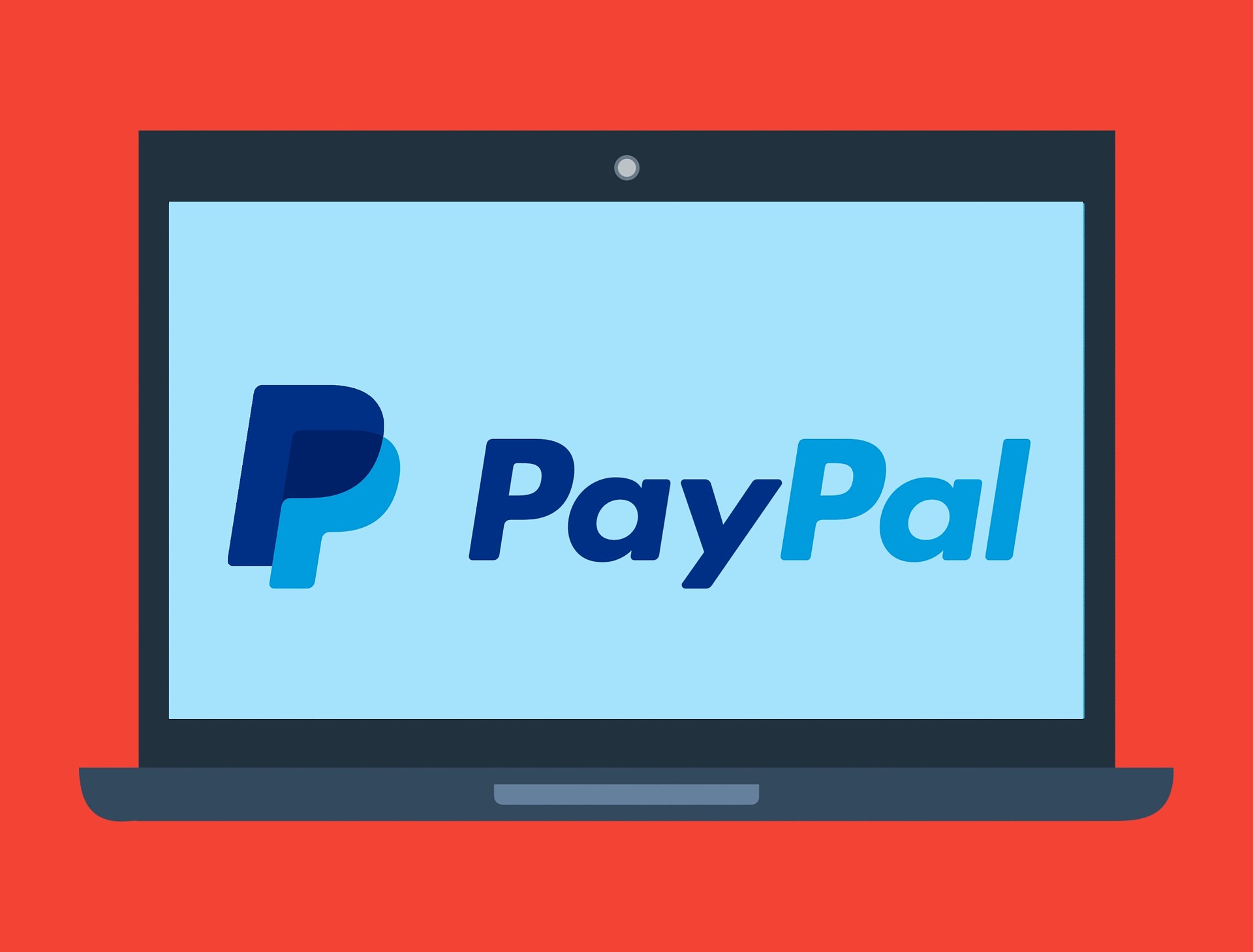[broadstreet zone=”52386″]
FRAMINGHAM – A Framingham resident reported losing $1,000 to a PayPal scam to police over the weekend.
The Deloss Street resident reported it to Police on December 2.
Framingham Police spokesperson Lt. Rachel Mickens said it was a “PayPal scam claiming fraudulent activity on the account and requesting account routing numbers for reimbursement.”
Lt. Mickens said $1,000 was stolen from the account.
[broadstreet zone=”59948″]
The Better Business Bureau advises consumers to look out for the following scams when using peer-to-peer payment apps:
- Fraudulent payment methods. In one common scheme, scammers will connect a stolen credit card to a payment app. They then look for people selling big-ticket items (such as a computer, tablet, or car) online. The scammers will offer to pay for the product using the app. Once the seller accepts the payment and sends the item, they’ll soon discover that the payment sent is not to a legitimate buyer, and the money is removed from his or her account. The seller is then without either the item or the money.
- Canceled payments. Some digital wallet apps take several days to process a transaction. Scammers take advantage of this by setting up transactions and canceling them before they go through. By the time victims realize the money isn’t coming, the scammers are long gone.
- Overpayment for an item. Fraudsters may try to convince you that you’ve been paid more than you were owed. For example, a spoofed email says that you’ve been paid $3,000 for a camera you listed at $300! The sender asks you to ship the camera in addition to the extra $2,700 you were “paid” by mistake. In this example, the scammer wants your camera AND your money. In another version of this scheme, scammers overpay for items with stolen credit cards.
- Fake official emails. Many fraudsters send spoofed emails warning that an account is about to be suspended and that the account holder must enter their password in a spoofed webpage. Generally, payment app vendors will never ask you to enter your password unless you are on the login page.
The Better Business Bureau said “It is especially important to know that if your payment method is attached to a bank account or credit card unauthorized access might drain that account, or with overdraft protections, even drain multiple accounts.”
[broadstreet zone=”59947″]
[broadstreet zone=”59945″]

